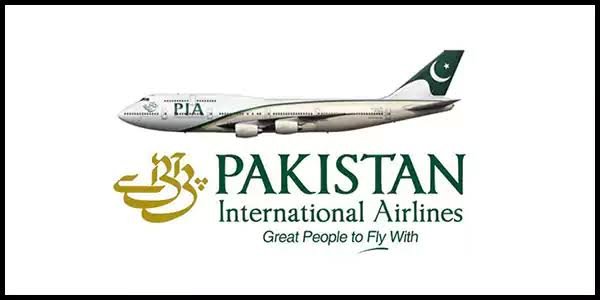Key Takeaways:
– Privatisation Commission addresses EASA ban concerns raised by potential bidders.
– PIA’s privatisation is a key IMF recommendation.
– Six consortiums pre-qualified for the bidding process.
– The privatisation process is expected to conclude by next month.
– EASA ban costs PIA significant annual revenue.
Pakistan’s Privatisation Commission is actively addressing concerns raised by bidders for Pakistan International Airlines (PIA) regarding the European Union Aviation Safety Agency (EASA) ban, according to an official statement on Wednesday. The commission pre-qualified six consortiums for bidding in June and aims to finalize the privatisation of PIA by the next month.
The commission is working on issues voiced by those pre-qualified to bid for a stake in the airline, ranging from 51% to 100%. This step is crucial as privatising loss-making state-owned enterprises has been a long-standing recommendation from the International Monetary Fund (IMF). Pakistan is seeking a longer-term bailout agreement with the IMF this month.
The privatisation of PIA has been a sensitive issue for previous governments, avoiding it due to potential unpopularity. However, the current administration is moving forward with the plan to unlock additional funding from the IMF.
The EASA imposed a ban on PIA following a plane crash in Karachi in 2020 that resulted in nearly 100 fatalities, compounded by a scandal involving pilot licenses. This ban prevents PIA from operating on its most lucrative routes in Europe and Britain, leading to an annual revenue loss of nearly 40 billion rupees ($143.73 million), as reported to parliament.
Addressing the EASA ban and its implications is a priority for the privatisation commission as it could significantly impact the airline’s attractiveness to potential investors. The commission’s proactive stance aims to mitigate these concerns and ensure a smooth transition in the privatisation process.
By concluding the privatisation process by next month, the commission hopes to fulfill one of the critical IMF recommendations, thereby stabilising Pakistan’s economic situation and paving the way for further financial support from the IMF.




